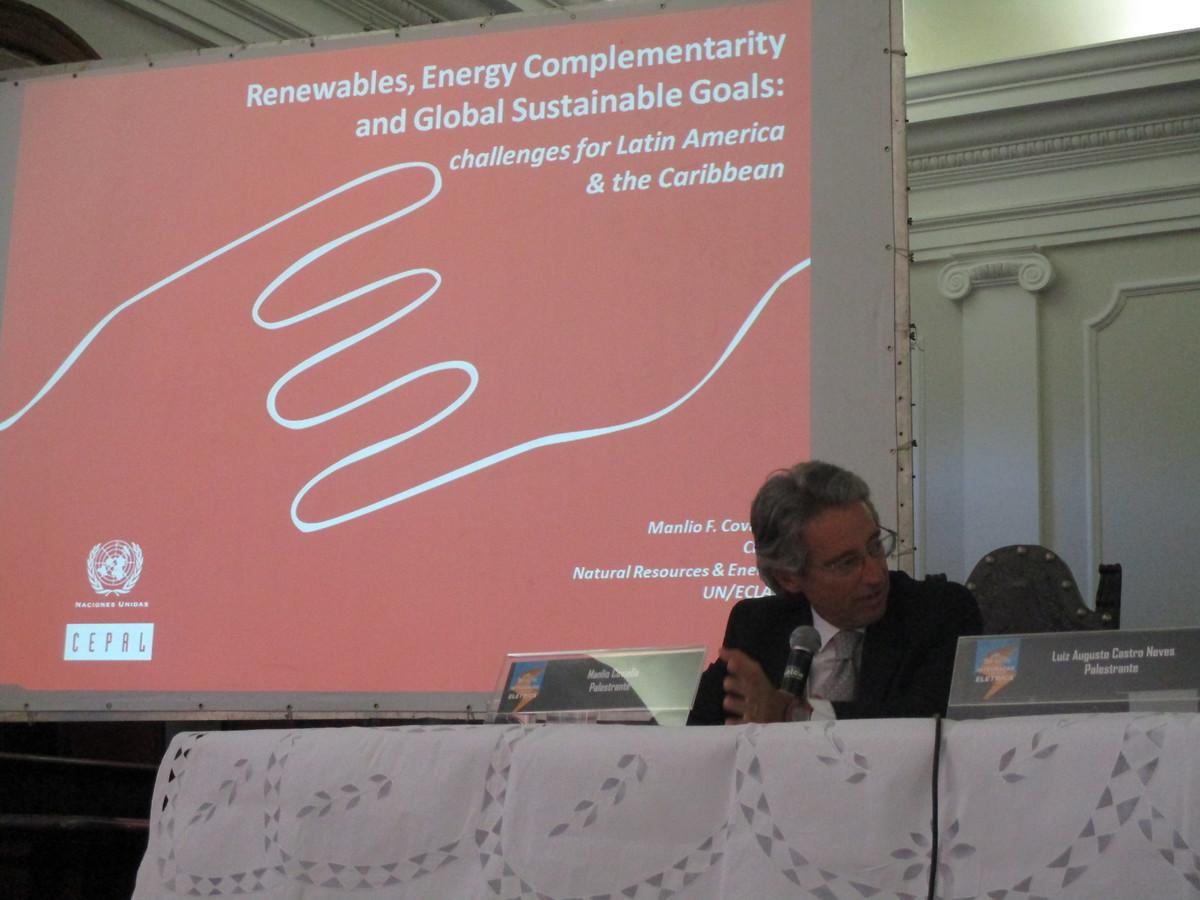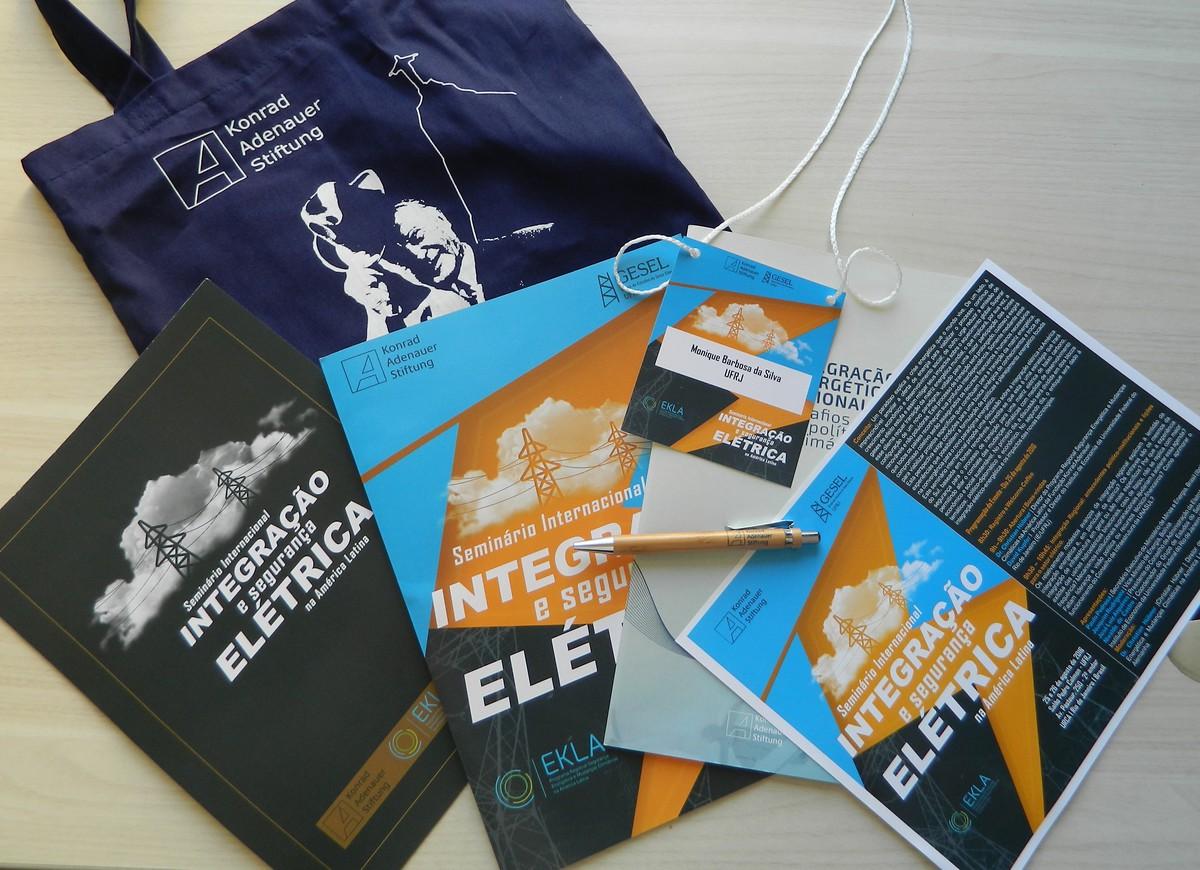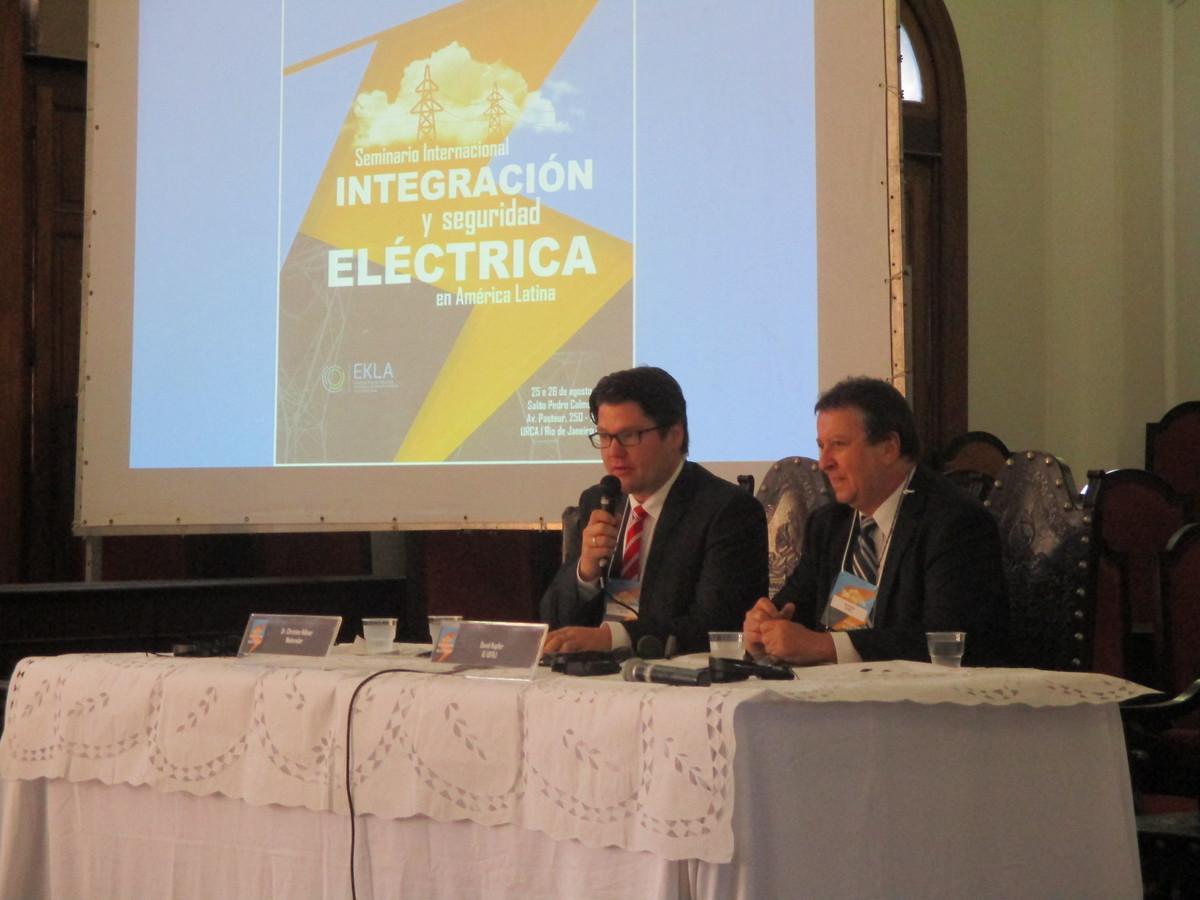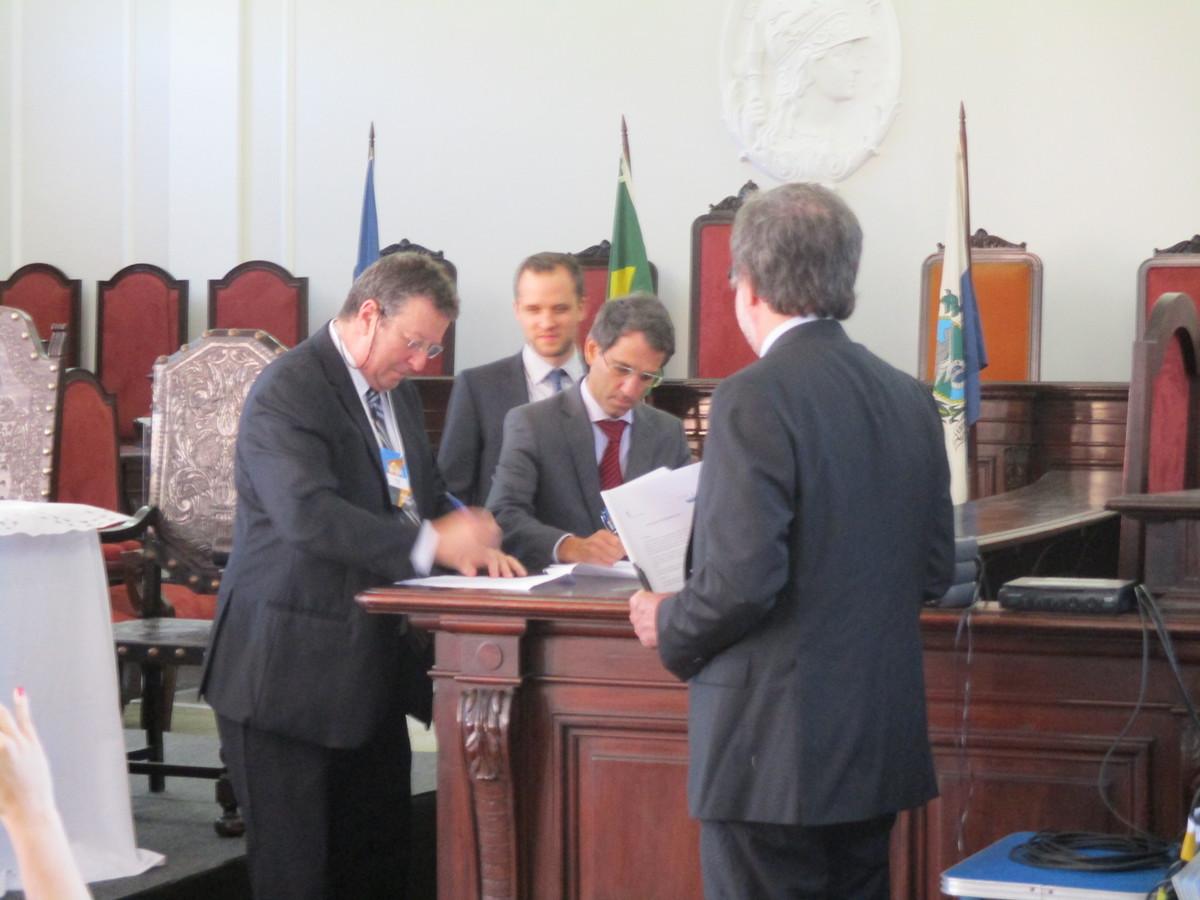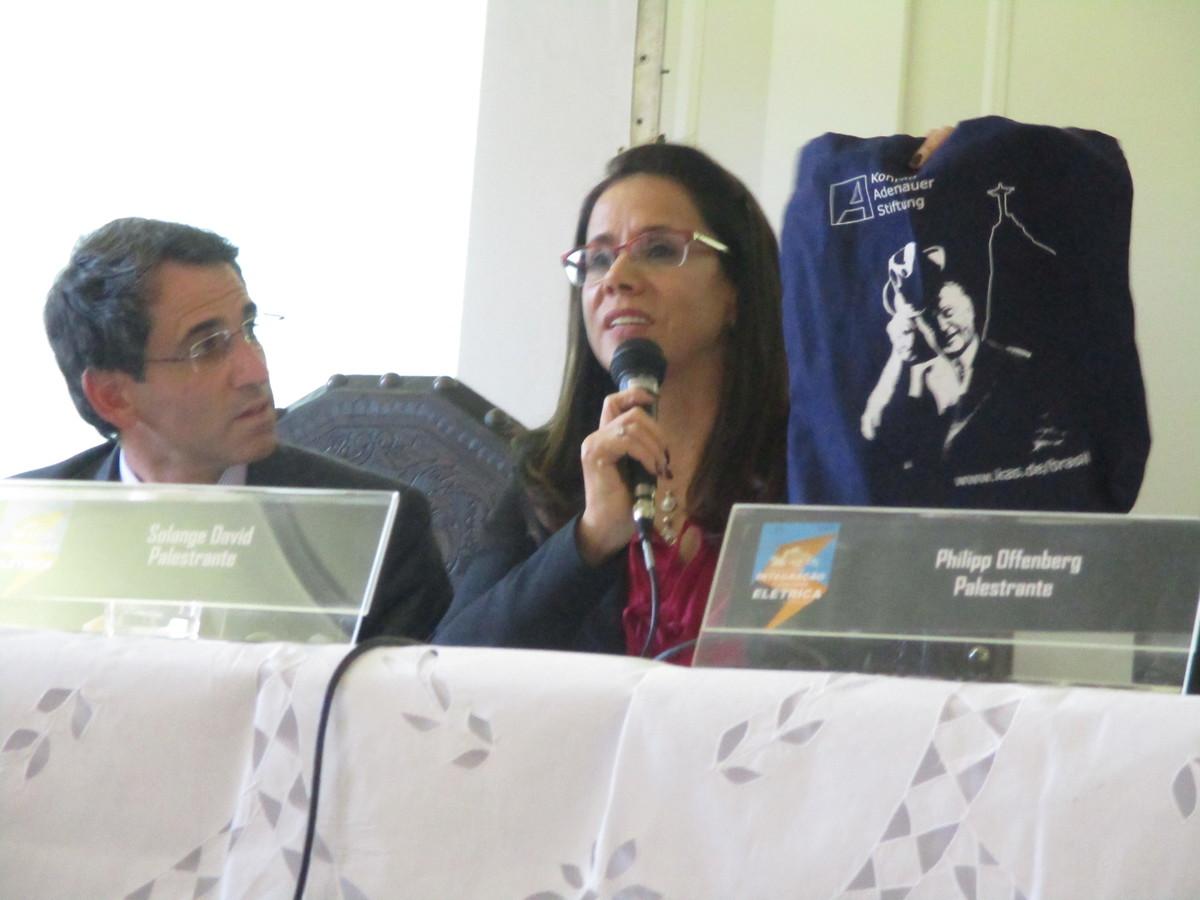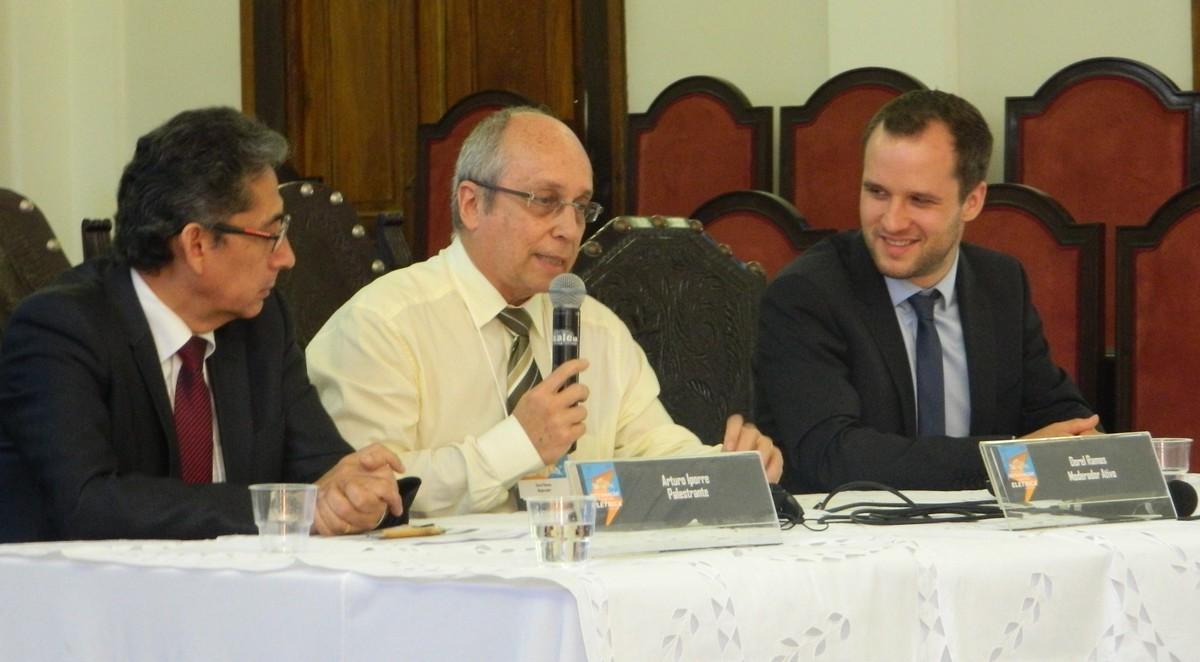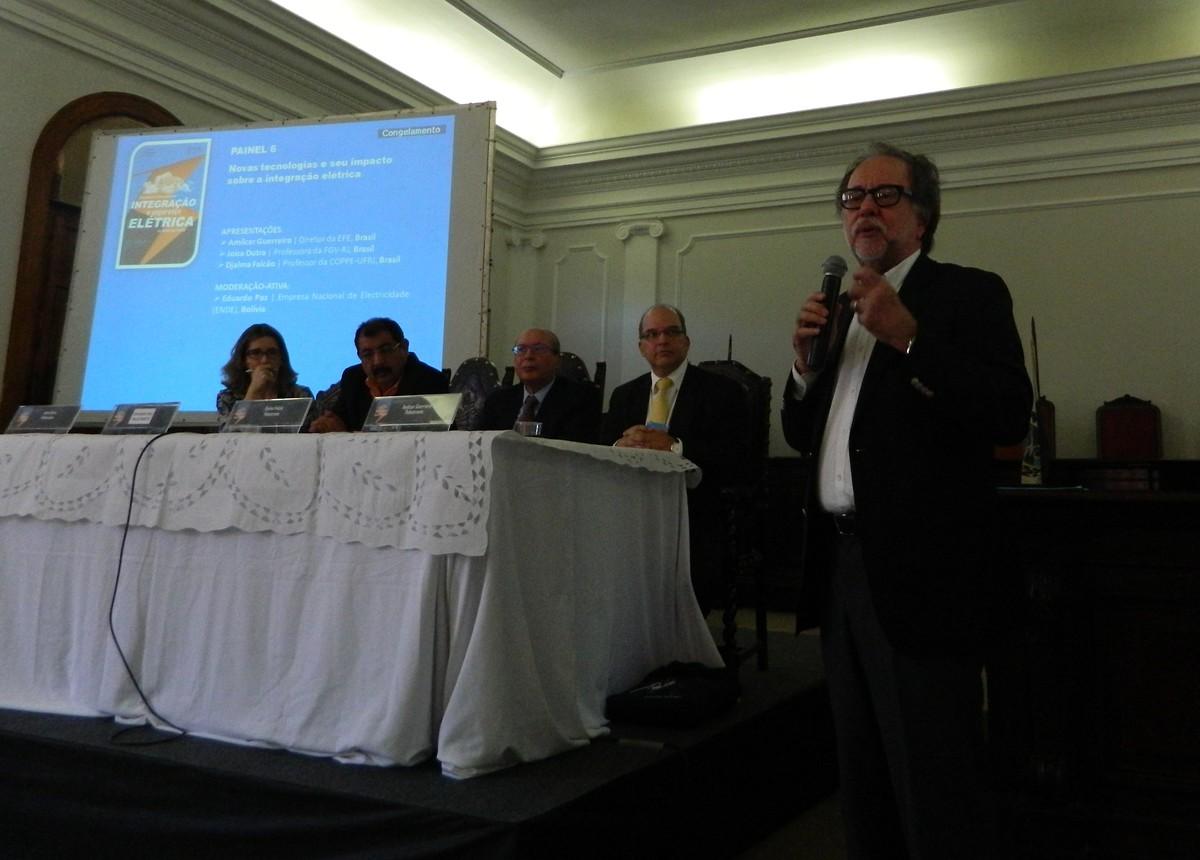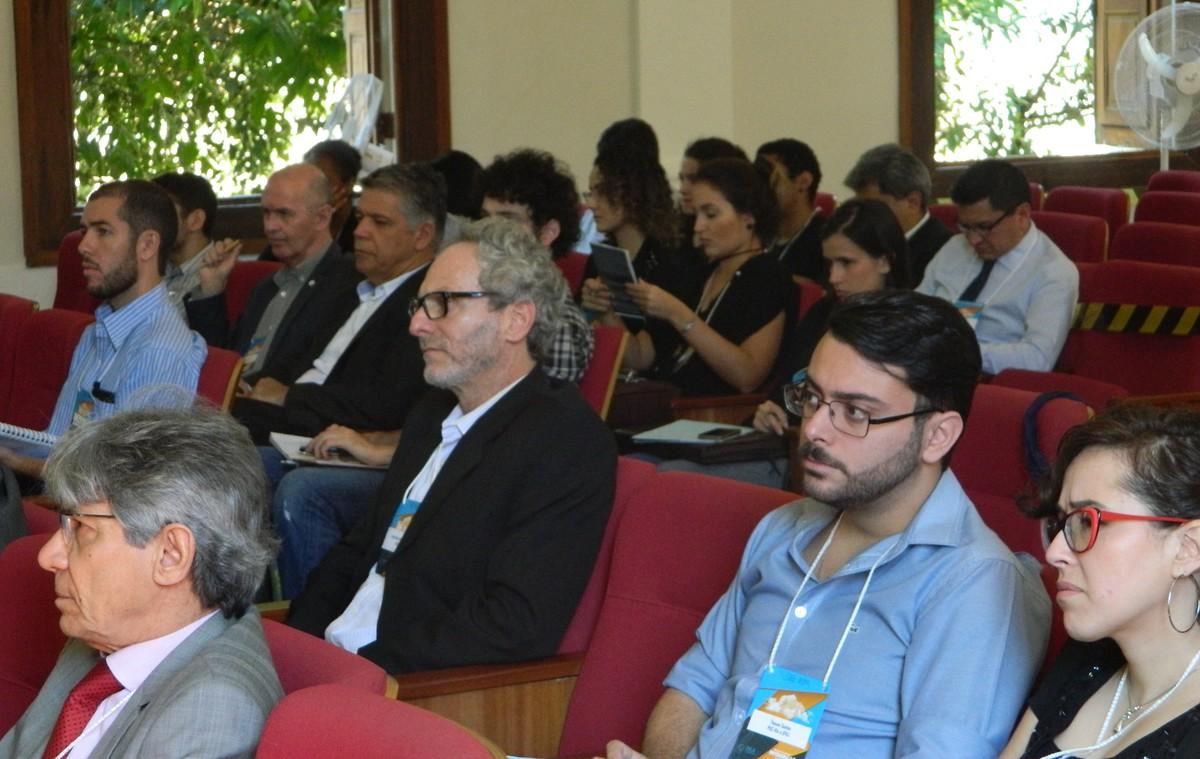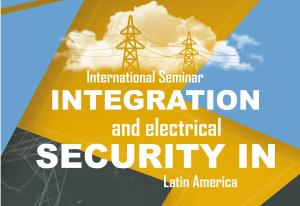Event reports
“If Latin America were a single country, it would have sufficient resources to be independent from the rest of the world." This quote from Jerson Kelman and Sinval Gama clearly underscores the point that experts and politicians discussed for two days in Rio de Janeiro. But, in effect, Latin America is not a single country, but a continent, home to two dozen different countries with a variety of political and economic concepts. This diversity affects regional energy security and poses challenges to the efficient use of regional resources.
For this reason, the Konrad Adenauer Foundation’s Regional Programme Energy Security and Climate Change in Latin America (EKLA-KAS), in cooperation with the Electricity Sector Study Group (GESEL, in its Portuguese acronym) of the Institute of Economics of the Federal University of Rio de Janeiro (IE/UFRJ) organized the international seminar "Integration and Electrical Security in Latin America," in which energy experts met with politicians and businessmen from different countries to exchange experiences and opinions.
The seminar’s first panel mainly discussed the political and diplomatic aspects of regional energy integration. Christian Hübner, director of EKLA-KAS in his opening speech, stressed the importance of a sustainable climate and energy policy in the political process and its relationship to the electricity market. David Kupfer, director of the Institute of Economics of UFRJ also stressed that energy integration in Latin America would be one of the continent’s greatest missions for coming years.
The fact that Latin America actually has enough energy reserves was made clear in several presentations: first, Joaquin Rodriguez, the Bolivian Deputy Minister of Energy, introduced his country’s potential in the electricity sector. Bolivia, currently the leading natural gas exporter in Latin America, wants to strengthen its position as an energy supplier for South American countries and plans to export electricity to Brazil and Argentina. In addition, it has entered negotiations with Peru and Paraguay. To ensure its electricity exports, Bolivia wants to particularly activate its unexplored domestic potential for hydropower.
In Brazil as well, renewable energy, especially hydropower, has, for a long time, been a significant part of its energy mix. But renewables are generally characterized by instability, as Nivalde Castro, coordinator of GESEL stated in his presentation. This is precisely why integration with neighboring countries is so important in the region as it is the only way to offset supply instability with renewable energy. “At the same time”, Castro affirmed, “Brazil is one of the most connected countries in South America."
Chile, comparatively poor in energy resources, however, has a different experience in energy integration, as showed by Ricardo Raineri, president of the International Association for Energy Economics and Chile’s Former Minister of Energy. After a period of strong concentration in the hydropower sector, Chile began to diversify its energy mix, notably through gas imports from Argentina in the late 1990s. This international cooperation proved, over time and through many political developments, to be difficult. In recent years, once again a rapprochement has taken place between the two economically strong states in Latin America’s extreme south. At the same time, Chile also seeks to supply its demand through imports via LNG terminals located outside South America. Due to technical progress in the renewable energy sector and to falling prices associated with it, it became possible to simultaneously increase competition in the gas sector, which can be detected mainly in the recently held auctions, thus strengthening the renewable energy sector in a sustainable manner.
For comparative reasons, but, perhaps also as a possible model, Europe’s energy integration was presented by Jorge Souza, professor at the Instituto Superior de Engenharia de Lisboa (ISEL), Lisbon’s higher education institute of engineering, and Philipp Offenberg, energy expert and research associate at the European Centre for Energy and Resource Security (EUCERS) at King's College London. It became clear that integration in Europe could be considered a "success story". However, the process is not yet complete. For a single electricity market to be implemented in the EU, the integration of regional energy markets should be strengthened so that energy can flow unhindered. Thus, uniform electricity prices in the EU could be achieved.
Energy integration faces problems both in Europe and in Latin America. Arturo Alarcón, an energy expert at the IADB, presented a lecture about previous integration experiences supported by the Inter-American Development Bank (IADB) in Latin America and the main challenges faced. He indicated technical, geographical, political, historical, social, regulatory, economic and institutional aspects as possible obstacles to the progress of integration in South America. The peculiarities of each country must be taken into account: "Bilateral relations between Brazil and Argentina are fundamentally different from those between Brazil and Paraguay or between Brazil and Bolivia", said José Luiz Alquéres, Chairman of the Board of Directors of Eletrobrás. Alarcón added, "There is no one-size-fits-all solution for Latin America". There is still much to be done, particularly in the political arena. "Resistance is not related to a lack of infrastructure".
However, there are also numerous successful projects that bring hope for a successful integration process: the prime example would be Itaipu bi-national hydropower plant in the Brazil-Paraguay border. "To achieve Itaipú, it was necessary to overcome the political opposition in Argentina, and, moreover, Paraguay’s understanding of the project was fundamentally different from Brazil’s", said Luiz Augusto de Castro Neves, former director of CEBRI and Brazil’s former ambassador to Paraguay. "What we saw in Itaipú was a result of successful diplomatic engineering", says José Luiz Alquéres. The will to repeat Itaipú’s success in other projects such as the planned cooperation between Brazil and Bolivia on the Madeira River is high.
But it’s precisely renewable energies that can play a crucial role in the integration process: "However, oil remains the 'king' among forms of energy and the gas sector is growing faster than renewables. Many beautiful words are employed in the context of integration, but, in fact, we are still at the beginning of the road", says Manlio Coviello, from ECLAC. At the same time, he points out that the potential for renewable energy, especially in South America’s border areas, is high. The region has the highest sun incidence between Peru, Bolivia, Chile and Argentina and hotspots for geothermal energy, which are found in Argentina and Chile.
On the afternoon of the Seminar’s first day, the debate focused on financing integration and infrastructure projects. The diversity of panel members made it clear that Latin America has various financing platforms such as the Inter-American Development Bank (IADB), the Brazilian Development Bank (BNDES) and the Development Bank of Latin America (CAF), which already support the integration process successfully. Hamilton Moss, vice president of energy at CAF emphasized, however, that every year, major investments are needed to continue the integration process.
On the second day, the debate focused on two main topics: Arturo Iporre of ENDE Transmisión Bolivia, Dorel Ramos of the University of São Paulo and Benjamin Bayer, of the Institute for Advanced Sustainability Studies (IASS) in Potsdam discussed the possibilities to optimize the use of energy resources. Different approaches from Bolivia, Brazil and Germany were presented and it became clear that both continents face similar problems.
The last panel of the day addressed the rapid and irreversible development and innovation process in the energy sector as well as the associated technical changes. Amílcar Guerreiro, director of EPE, Joisa Dutra, professor at FGV, and Djalma Falcão, from UFRJ discussed the integration process’ great potential and the issue of the region’s integration into the global value chain, specifically in relation to the energy market.
Since the beginning of the event, when the Federal University of Rio de Janeiro (UFRJ) signed a Memorandum of Understanding with IASS Potsdam, Germany, and another with ISEL Lisbon, one of the leading engineering institutes in Portugal, it was clear that these talks and discussions on the need for integration and cooperation were not empty words. This scientific exchange is an important step in the right direction for Latin America to use its various resources sustainably. According to Alarcón, "it is like Back to the Future: we are in a future that we did not expect and we have to work with what we found".
